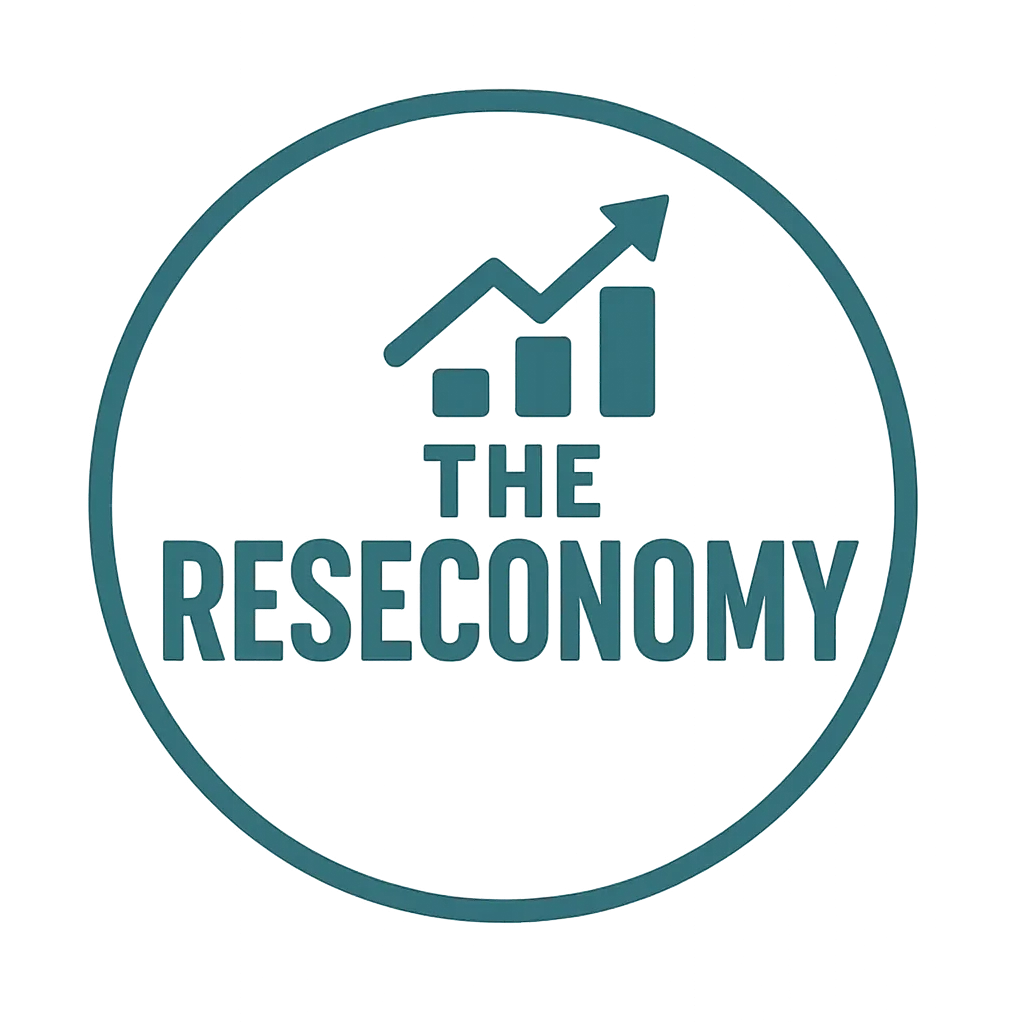In an era dominated by artificial intelligence, automation, and ever-evolving technology, it might seem counterintuitive to emphasize human skills. Yet, as machines take over routine tasks and process vast amounts of data, the uniquely human abilities – often referred to as “soft skills” – are not only remaining relevant but are becoming increasingly essential for navigating and thriving in a tech-driven world.
This post highlights the enduring and even amplified importance of core soft skills like empathy, communication, critical thinking, and adaptability in a landscape shaped by technology. These are the human qualities that machines cannot replicate and that will be crucial for individual and organizational success in the years to come.
Why Human Skills Matter More Than Ever in a Tech-Centric Age:
While technology excels at efficiency and processing, it lacks the nuanced understanding, emotional intelligence, and complex reasoning that define human interaction and problem-solving. Here’s why soft skills are paramount in a tech-driven world:
- Navigating Complexity and Ambiguity: Technology can provide data, but humans are needed to interpret complex situations, navigate ambiguity, and make nuanced judgments.
- Fostering Collaboration and Teamwork: Even in remote or digitally connected teams, effective communication, empathy, and the ability to build rapport are crucial for successful collaboration.
- Driving Innovation and Creativity: True innovation often stems from human imagination, empathy for user needs, and the ability to connect disparate ideas – skills that machines cannot replicate.
- Building Meaningful Relationships: Whether with colleagues, clients, or customers, strong interpersonal skills like empathy and active listening are fundamental for building trust and lasting relationships.
- Leading and Inspiring Others: Effective leadership requires empathy, vision, and the ability to motivate and inspire human teams – qualities that go beyond algorithms and automation.
- Adapting to Change and Uncertainty: The rapid pace of technological change demands adaptability, resilience, and a willingness to learn – human traits that enable us to navigate the unknown.
- Exercising Ethical Judgment: As technology raises complex ethical dilemmas, human critical thinking and moral reasoning are essential for guiding its responsible development and deployment.
- Understanding Human Needs and Emotions: Technology should ultimately serve human needs. Empathy and the ability to understand human emotions are crucial for designing user-centric and impactful solutions.
- Communicating Effectively Across Diverse Contexts: Conveying complex ideas clearly, persuasively, and with cultural sensitivity remains a uniquely human skill, especially in a globalized and digitally connected world.
- Cultivating a Growth Mindset: Embracing challenges, learning from failures, and continuously developing new skills are essential for staying relevant in a rapidly evolving technological landscape.
The Essential Soft Skills for a Tech-Driven World:
While many soft skills contribute to success, some are particularly critical in the context of a tech-driven environment:
- Empathy: The ability to understand and share the feelings of others is crucial for building strong relationships, designing user-centric technology, and leading diverse teams.
- Communication (Verbal and Written): Clear, concise, and persuasive communication is essential for conveying complex ideas, collaborating effectively, and building rapport in both digital and in-person interactions.
- Critical Thinking and Problem-Solving: The ability to analyze information objectively, identify root causes, and develop creative solutions is vital for navigating complex technological challenges and making informed decisions.
- Adaptability and Resilience: The rapid pace of technological change requires individuals and organizations to be flexible, embrace new tools and processes, and bounce back from setbacks.
- Collaboration and Teamwork: Working effectively with others, both in physical and virtual environments, is crucial for leveraging diverse skills and achieving shared goals.
- Emotional Intelligence: Understanding and managing one’s own emotions and recognizing and influencing the emotions of others 1 is key for effective leadership, communication, and conflict resolution. 1. mijazulhaqmijazul.exblog.jp mijazulhaqmijazul.exblog.jp
- Creativity and Innovation: The ability to generate new ideas, think outside the box, and find innovative solutions is essential for staying ahead in a technologically advanced world.
- Learning Agility: The capacity to quickly learn new skills, adapt to changing circumstances, and apply new knowledge effectively is crucial for navigating a dynamic technological landscape.
- Ethical Reasoning and Decision-Making: As technology becomes more integrated into our lives, the ability to consider ethical implications and make responsible decisions is paramount.
- Digital Literacy (Beyond Basic Usage): This includes not just using technology but understanding its underlying principles, potential biases, and ethical considerations.
Cultivating Soft Skills in a Tech-Focused Environment:
Developing these essential soft skills requires conscious effort and a shift in focus:
- Prioritize Human Interaction: Seek opportunities for face-to-face and meaningful interactions, even in remote work settings.
- Practice Active Listening: Truly focus on understanding others’ perspectives and needs.
- Develop Empathy Through Diverse Experiences: Engage with people from different backgrounds and try to understand their viewpoints.
- Hone Communication Skills: Practice clear and concise verbal and written communication, and seek feedback.
- Sharpen Critical Thinking: Engage in problem-solving exercises, analyze information from multiple sources, and question assumptions.
- Embrace Continuous Learning: Cultivate a growth mindset and actively seek opportunities to learn new skills, both technical and soft.
- Seek Feedback on Soft Skills: Ask for honest feedback from colleagues and mentors on your interpersonal skills.
- Utilize Technology to Enhance, Not Replace, Human Connection: Leverage digital tools to facilitate communication and collaboration, but don’t let them become a barrier to genuine human interaction.
- Focus on Developing Emotional Intelligence: Practice self-awareness, self-regulation, empathy, and social skills.
The Human Advantage:
In a world increasingly powered by technology, our uniquely human skills are not becoming obsolete – they are becoming our greatest advantage. Empathy, communication, critical thinking, and adaptability are the bedrock of innovation, collaboration, and meaningful connection. By recognizing and cultivating these essential soft skills, individuals and organizations can not only navigate the tech-driven future but also shape it in a way that is human-centered, ethical, and ultimately more successful.
What soft skills do you believe are most critical in today’s tech-driven world? How are you actively developing these skills? Share your insights in the comments below!
